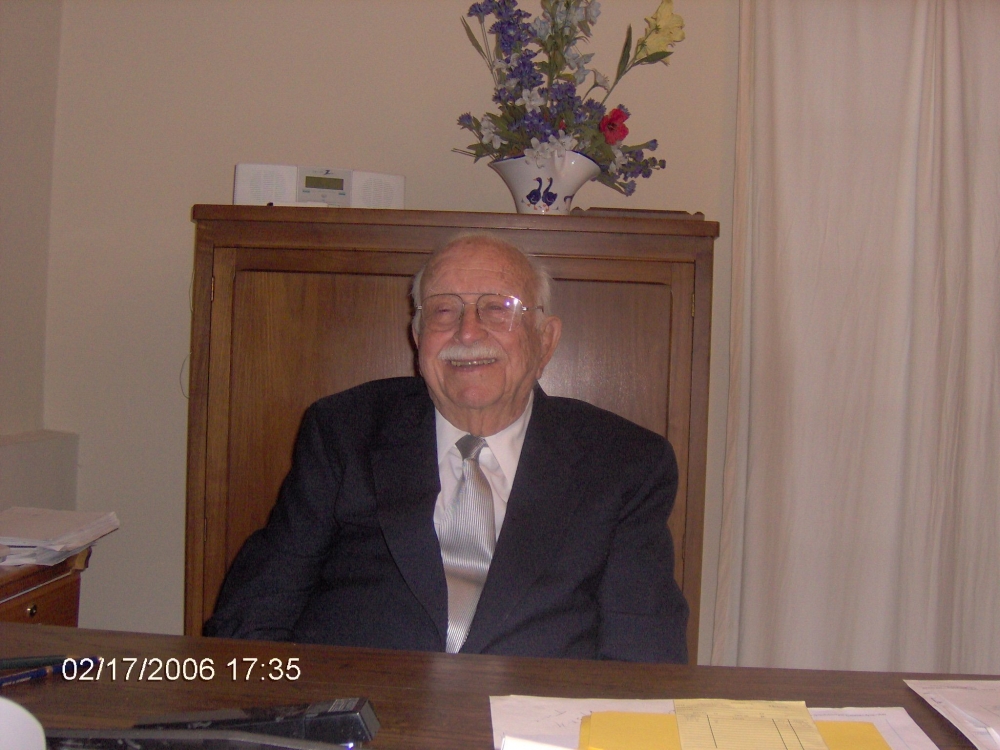
Food Industry Leader Makes Major Gift to UCSB to Help More Fillmore Students Go to College
UC Santa Barbara has received a $500,000 gift from entrepreneur James Jimenez of Temple City to support academic preparation programs for K-12 students in Fillmore to enable more students to qualify for admission to UCSB and other colleges and universities.
"Mr. Jimenez's generous gift ensures that generations of K-12 students in the Fillmore area will receive the academic support needed to be prepared for admission to UC Santa Barbara and other colleges and universities," said Joseph Castro, executive director of UCSB's Office of Academic Preparation and Equal Opportunity.
"James Jimenez was one of the founders of the Mexican food industry and is a role model in the Latino community.
He understands that investments that increase the number of K-12 students who attend colleges and universities are critical to the success of the state's economy."
The gift, a charitable remainder trust, will create an endowed academic preparation program that will focus primarily on students who would be the first in their families to attend a college or university.
It will provide enhanced on-site academic advising and counseling, homework assistance, mentorship opportunities, scholarship support for summer academic programs, and bi-lingual workshops for Spanish-speaking parents.
"The Jimenez Scholars Program will take a comprehensive approach to help students become university-eligible and help provide essential support to their families that will ensure their children's success," said Castro.
Jimenez, the son of a Mexican immigrant and the second of 12 children, never went to college, although he was valedictorian of his class at Lincoln High School in Los Angeles and had been admitted to Stanford University with a full scholarship.
Because his family could not do without him as a wage earner, he had to set aside his ambition of becoming a doctor and work so that his siblings could remain in school.
"My father earned a living with a pick and shovel as a railroad worker in San Bernardino," said Jimenez.
"He told me that if you study, you won't end up doing this."
Jimenez's recent gift to UCSB underscores his belief in the transformative quality of education and the need to involve parents early in the process.
"All my life, people have helped me all along the way," said Jimenez, talking about his desire to help Fillmore students realize their dreams. "The key to joining the mainstream is education.
The more educated people are, the better they can solve problems."
Since 1990, Jimenez has been providing scholarships for outstanding high school students in Fillmore, the rural farming community where he and his wife, Katherine, retired 25 years ago.
Both Katherine Jimenez and two of their daughters graduated from Occidental College, where Jimenez is also a generous donor.
Rebecca Larkin, Fillmore High School's principal, said the Jimenez Scholars Program "will encourage and give hope to students who otherwise would have no prospect of an advanced education.
Mr. Jimenez is a role model and an inspiration for us all.
We are truly honored and touched by his commitment to our students."
Throughout his extraordinary career, Jimenez was a fast learner who relied on vision, tenacity, and his ability to solve problems.
He worked a variety of jobs--washing dishes, sanding floors, bookkeeping, and as a machinist--before he became a top salesman of restaurant equipment.
At age 50, he and a partner launched Electra Food Machinery Inc. to develop equipment for the industry Jimenez knew so well.
It quickly became an industry leader thanks to a succession of inventions that helped revolutionize the fast-food business nationwide.
With each innovation, Jimenez and his company made the production of Mexican food faster and more efficient.
In 1975, his new enchilada machine won a national design award from "Food Engineering" magazine.
It was followed by a tortilla oven with an infrared burner system that cut the cooking time in half.
The number of tortillas that could be produced on one machine in an hour jumped from 60 dozen to 3,000 dozen.
The same technology was then applied to cook hamburgers, as well as the two-belt system to grill patties and heat buns in one operation.
Steakhouses now use the technology to cook rare, medium, and well-done meat simultaneously by altering the speed of three moving belts, eliminating the need for a chef.



